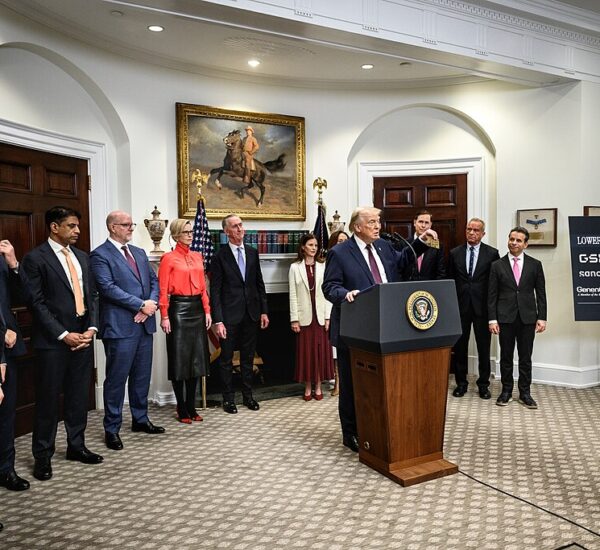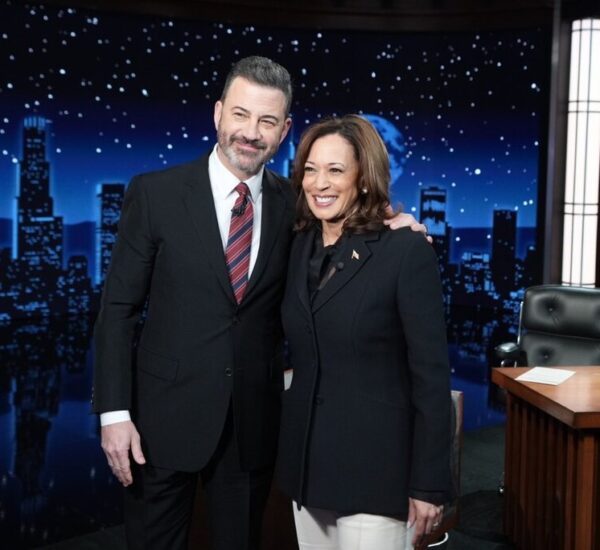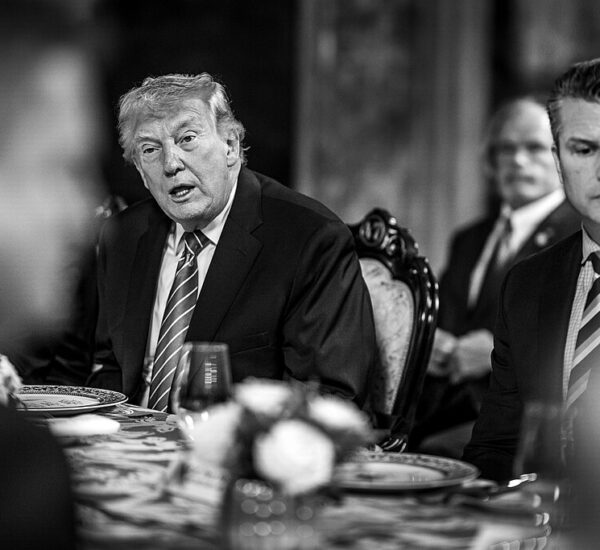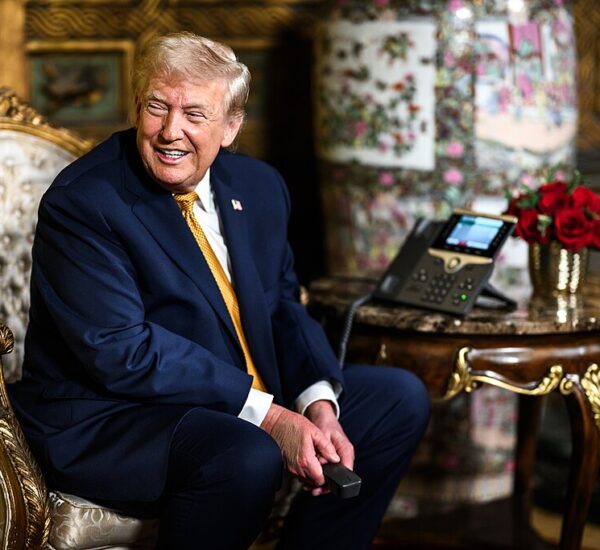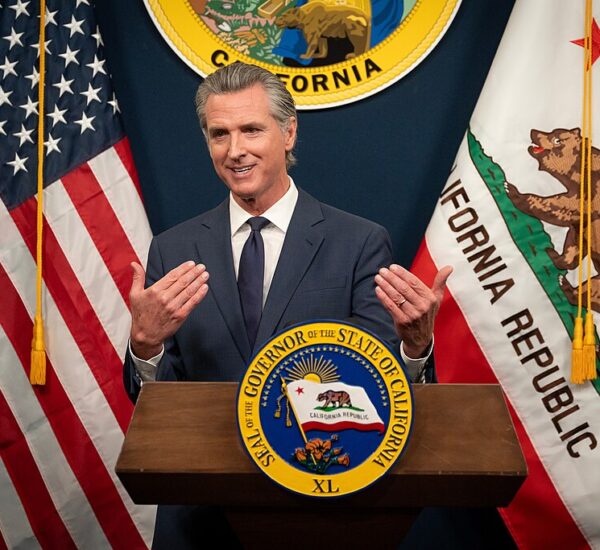Vance Issues Warning To Europe
Vice President Vance’s inaugural international speech on Friday delivered a powerful message about Europe’s current challenges, accusing European leaders of suppressing opposing viewpoints and abandoning core values that align with the United States. Speaking at the Munich Security Conference, Vance made it clear that he believes the most pressing threats facing Europe are not from external actors like Russia or China, but from within Europe itself.
Vance emphasized that the real danger comes from the erosion of fundamental European values, which have long been shared with the United States. He argued that the most urgent issues for Europe are mass migration and the growing trend of laws that limit free speech, which he views as a direct attack on democratic principles.
“We may have disagreements with Europe over the ongoing Russia-Ukraine conflict,” Vance noted, “but the real concern should be what is happening inside Europe—where European leaders are retreating from the very values that made the West strong.” His critique extended beyond mere policy differences, focusing on the suppression of populist voices, which he described as being sidelined under the guise of fighting “misinformation” and “disinformation.”
Vance further pointed out that these terms were being weaponized by entrenched political elites to silence voters and movements that don’t align with the political establishment. He condemned these practices, arguing that they reflected a deeper fear within the political class of losing power to citizens who seek change.
While addressing specific incidents, Vance drew attention to Europe’s censorship culture, criticizing the European Union for suppressing “hateful content” and the United Kingdom’s limitations on conscience rights. He also rejected the notion that American involvement in European politics, such as Elon Musk’s participation in European rallies, constitutes election interference. “If America’s democracy can handle years of criticism from figures like Greta Thunberg,” he quipped, “then Europe can certainly endure a few months of Elon Musk’s opinions.”
Mass migration, according to Vance, is one of the most pressing issues facing Europe today. He pointed to violent incidents, such as the car-ramming attack by a migrant in Munich, as direct consequences of failed migration policies. Vance echoed the concerns of many European voters who, he argued, did not vote to open the floodgates to millions of unvetted immigrants, and are now seeking political leaders who will curb this influx.
His speech was met with a lukewarm response in Munich, but it was likely to resonate with the American audience, particularly those who support Trump’s vision for tighter immigration controls and the protection of free speech. Vance concluded with a strong statement, declaring that under President Trump’s leadership, America would continue to fight for the rights of all individuals to express their views in the public square—regardless of agreement or disagreement.
Vance’s comments come at a time when the Trump administration has drawn criticism for its media relations, such as banning The Associated Press from White House events. However, Vance’s message in Munich was clear: the Trump administration values free speech and is committed to defending democratic principles, both at home and abroad.

